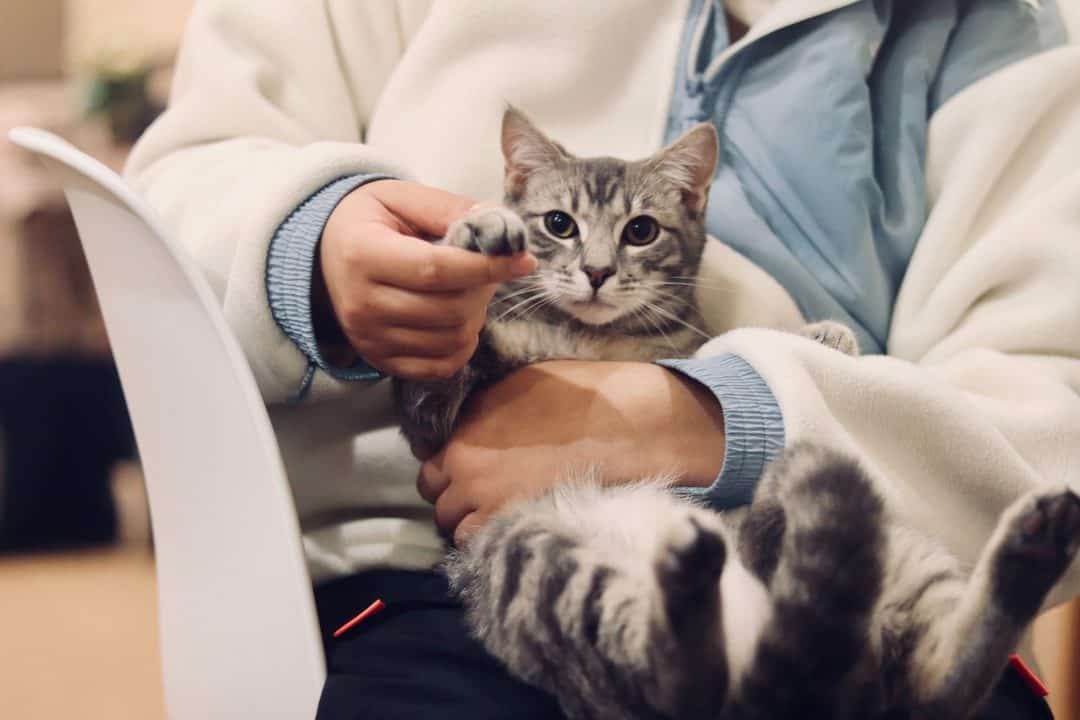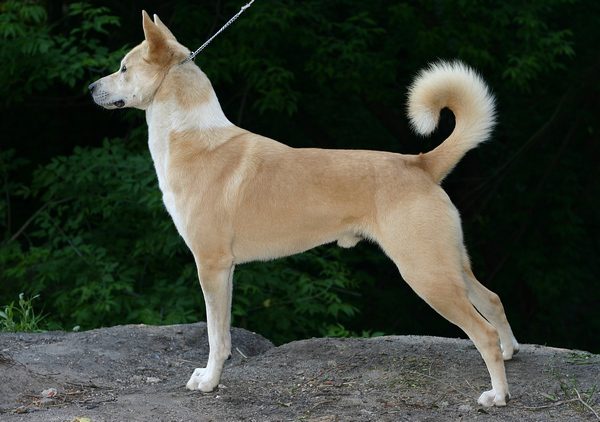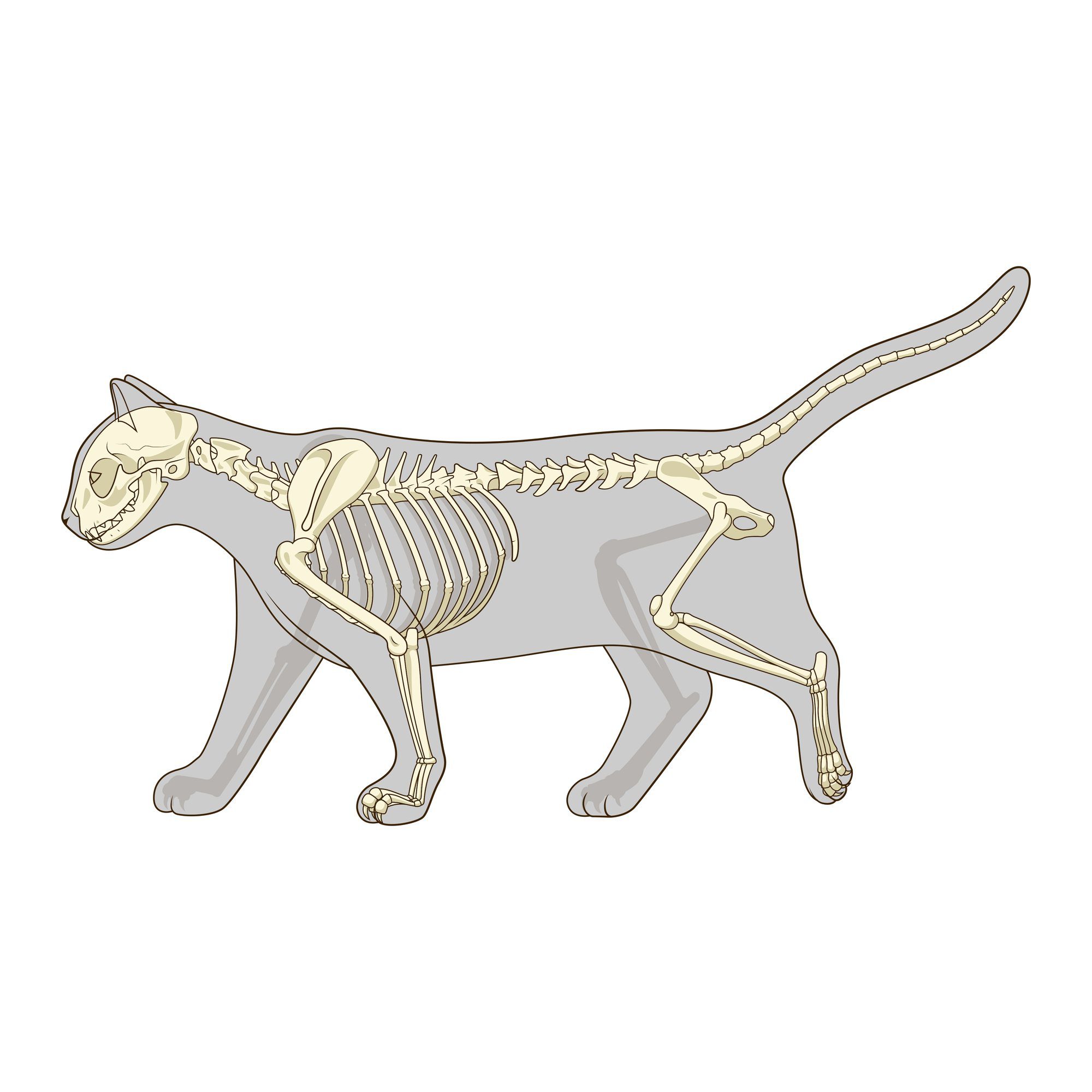Key Takeaways:
- Samoyeds are known for their friendly and gentle nature, making them excellent family pets.
- They have a thick double coat that requires regular grooming to prevent matting and keep them clean.
- Sammies are highly intelligent and thrive on mental stimulation, so they need plenty of exercise and interactive toys to keep them engaged.
- Training Samoyeds can be challenging due to their independent nature, but with patience and positive reinforcement, they can learn commands and tricks effectively.
- These dogs are prone to certain health issues like hip dysplasia and progressive retinal atrophy, so regular vet check-ups and a nutritious diet are crucial for their well-being.
Are you ready to embark on a journey into the world of Samoyeds, also known as Sammies? These fluffy and friendly dogs have captured the hearts of many dog lovers around the globe. But what makes them so special? By diving into this subject, you will not only uncover the unique characteristics and care requirements of Samoyeds but also gain valuable insights that can help you become a better pet owner. Whether you're considering adding a Samoyed to your family or simply curious about these adorable creatures, understanding their breed-specific traits is essential for creating a harmonious and fulfilling relationship with your furry friend. So, let's delve into the enchanting world of Samoyeds together and discover why they are truly one-of-a-kind companions. Get ready to be captivated by their charm, intelligence, and unwavering loyalty!
Key Characteristics of the Samoyed Dog Breed
Appearance
The Samoyed is a medium-sized dog breed known for its stunning appearance. They have a thick, fluffy double coat that comes in shades of white or cream. Their almond-shaped eyes are dark and expressive, giving them an alert and friendly expression. Samoyeds have erect ears that are covered in fur, adding to their adorable appearance.
These dogs have a sturdy build with a strong and muscular body. They have a plumed tail that curls over their back, which adds to their elegance. With their beautiful coat and graceful movements, Samoyeds are often referred to as "smiling dogs" because of their friendly and happy demeanor.
Temperament
Samoyeds are known for their friendly and gentle nature, making them great family pets. They are highly sociable dogs who enjoy being around people and other animals. This breed is known for its loyalty and affection towards its family members.
Samoyeds are intelligent dogs with a playful side. They love engaging in activities that challenge them mentally and physically. However, they can also be independent at times, so it's important to establish consistent training routines from an early age.
How a Samoyed's Thick Coat Helps Them Adapt to Cold Weather
Insulation
The thick double coat of the Samoyed serves as excellent insulation against cold weather conditions. The outer coat consists of long guard hairs that repel moisture while providing protection from wind and snow. These guard hairs help keep the inner coat dry, preventing the dog from getting wet or chilled.
The undercoat is dense and woolly, providing additional warmth by trapping air close to the body. This insulation helps regulate body temperature, keeping the Samoyed warm even in freezing temperatures.
Adaptations for Cold Weather
In addition to their thick coat, Samoyeds have other adaptations that help them thrive in cold weather. Their ears are small and covered in fur, which prevents heat loss through the ears. This adaptation helps keep their body temperature stable.
Samoyeds also have a compact body structure with a deep chest, which allows them to conserve heat more efficiently. Their paws are covered in fur as well, providing insulation and protection from icy surfaces.
Exercise and Activities for a Happy and Healthy Samoyed
Daily Exercise Requirements
Adequate exercise is essential for keeping a Samoyed happy and healthy. These dogs have high energy levels and require daily exercise to prevent boredom and destructive behavior. A minimum of 30-60 minutes of moderate to vigorous exercise is recommended for this breed.
Engaging in activities such as brisk walks, jogging, or playing fetch can help fulfill their exercise needs. It's important to note that Samoyeds enjoy mental stimulation as well, so incorporating training sessions or puzzle toys into their routine can be beneficial.
Outdoor Activities
Samoyeds love spending time outdoors and engaging in activities that allow them to use their natural instincts. They excel at dog sports such as agility, obedience trials, and tracking. These activities not only provide physical exercise but also mental stimulation for the breed.
In addition to structured activities, Samoyeds enjoy exploring nature trails or going on hikes with their owners. They have a strong sense of smell and love investigating new scents along the way.
Grooming Tips for Keeping a Samoyed's Coat Clean and Tangle-Free
Regular Brushing
To keep a Samoyed's coat clean and tangle-free, regular brushing is essential. Using a slicker brush or comb, gently remove any loose hair and prevent matting. It's important to start grooming at an early age to get the dog accustomed to the process.
Due to their thick undercoat, Samoyeds shed heavily twice a year during shedding seasons. During these times, daily brushing is necessary to remove dead hair and prevent it from accumulating in the coat.
Bathing and Drying
Bathing a Samoyed should be done occasionally to keep their coat clean. However, excessive bathing can strip away natural oils that help maintain the coat's health. Use a dog-specific shampoo and thoroughly rinse out all soap residue.
Drying the Samoyed's coat after bathing is crucial as their dense fur takes longer to dry naturally. Use a blow dryer on low heat or allow the dog to air dry in a warm area. Make sure the coat is completely dry to avoid skin issues or fungal infections.
Common Health Issues in Samoyeds and How to Prevent or Manage Them
Hip Dysplasia
Hip dysplasia is a common orthopedic condition in Samoyeds where the hip joint doesn't develop properly. It can lead to lameness and arthritis if left untreated. To prevent this condition, it's important to choose a reputable breeder who tests their breeding dogs for hip dysplasia.
Maintaining a healthy weight through proper diet and exercise can also help reduce the risk of hip dysplasia. Regular veterinary check-ups are crucial for early detection and management of this condition.
Progressive Retinal Atrophy (PRA)
PRA is an inherited eye disease that affects Samoyeds, causing progressive vision loss. Regular eye examinations by a veterinary ophthalmologist can help detect this condition early on. While there is no cure for PRA, early diagnosis allows for appropriate management and lifestyle adjustments to ensure the dog's quality of life.
Avoiding breeding dogs with a family history of PRA can help prevent the spread of this genetic disease within the breed.
The Samoyed: A Great Family Pet
Sociability
Samoyeds are known for their friendly and sociable nature, making them excellent family pets. They get along well with children and other animals when properly socialized from a young age. Their gentle demeanor and patience make them ideal companions for families with kids.
These dogs thrive on human interaction and enjoy being part of all family activities. They are loyal and protective, making them great watchdogs as well.
Playfulness
Samoyeds have a playful side that brings joy to any household. They love engaging in games and activities with their family members. Their natural herding instincts may lead them to chase after small animals or children, so supervision is necessary during playtime.
Providing plenty of toys and interactive play sessions will keep a Samoyed entertained and prevent boredom-related behaviors.
Training and Socialization for Well-Behaved Samoyeds
Obedience Training
Obedience training is crucial for Samoyeds to become well-behaved members of the family. These dogs are intelligent but can be independent at times, so consistent training methods work best. Positive reinforcement techniques such as treats, praise, and rewards are effective in motivating them to learn.
Basic commands like sit, stay, and come are essential for their safety and the well-being of others. Training sessions should be short and engaging to keep their attention focused.
Socialization
Proper socialization is important for Samoyeds to develop good manners and be comfortable in various situations. Expose them to different environments, people, and animals from an early age. This helps prevent fear or aggression towards unfamiliar stimuli.
Enrolling in puppy classes or organized playdates with other well-behaved dogs can aid in their social development. Regular outings to parks or pet-friendly locations also provide opportunities for positive interactions.
In conclusion, Samoyeds are friendly and gentle dogs that make great companions. They require regular grooming and exercise to stay healthy and happy.
Are Samoyed dogs high maintenance?
Acquiring a Samoyed requires commitment as they are a highly active and demanding breed. It is important to ensure you can provide them with sufficient exercise and attention to maintain their happiness and well-being. Additionally, their coats require regular grooming to keep them in optimal condition.
Are Samoyed dogs easy to take care of?
Samoyeds are a low-maintenance breed that require only small portions of high-quality food. Overfeeding or lack of exercise can easily result in obesity. Samoyeds are typically healthy and have a long lifespan, often living to be 12 or 14 years old. They are active dogs that require regular exercise.
Is a Samoyed a good family pet?
Samoyeds are excellent choices for family pets because they love to be included in all activities and have cheerful and patient dispositions.
Can Samoyed stay in hot weather?
However, what about Samoyed dogs whose owners reside in the southern parts of Florida, Texas, or Arizona? Interestingly, northern dog breeds are capable of adapting to extreme temperatures, just as they do in the Arctic where summer temperatures can reach as high as the 70s.
Do Samoyed dogs bark?
While there may be variations among dogs of the same breed, it is often possible to observe the behavior of the parents and make predictions about their offspring. For example, the Samoyed breed is known for being prone to barking, but this behavior can be addressed through proper training.
Do Samoyed dogs like to swim?
These dogs are lively and require a sufficient amount of physical activity. Owners should ensure that they provide enough exercise for them. Samoyeds are great companions for walks and some even enjoy swimming.
















